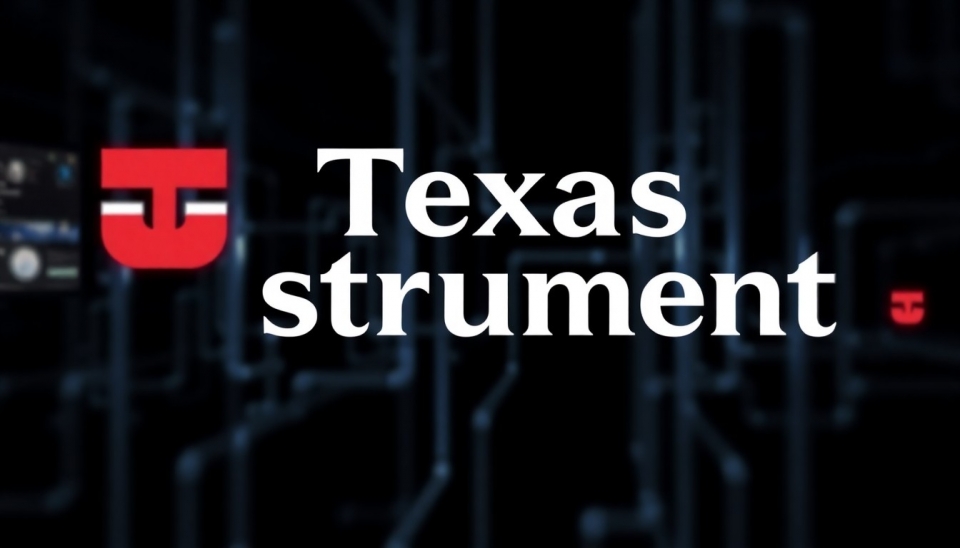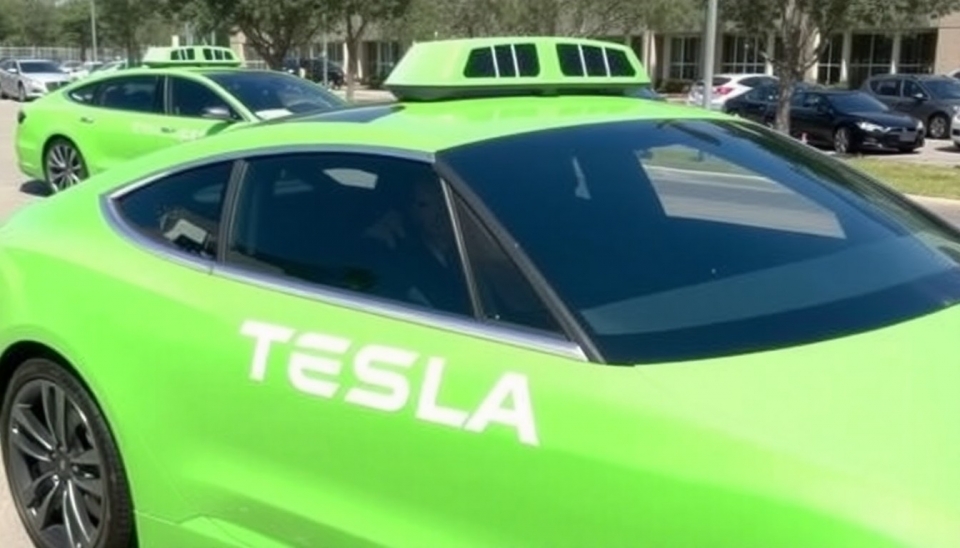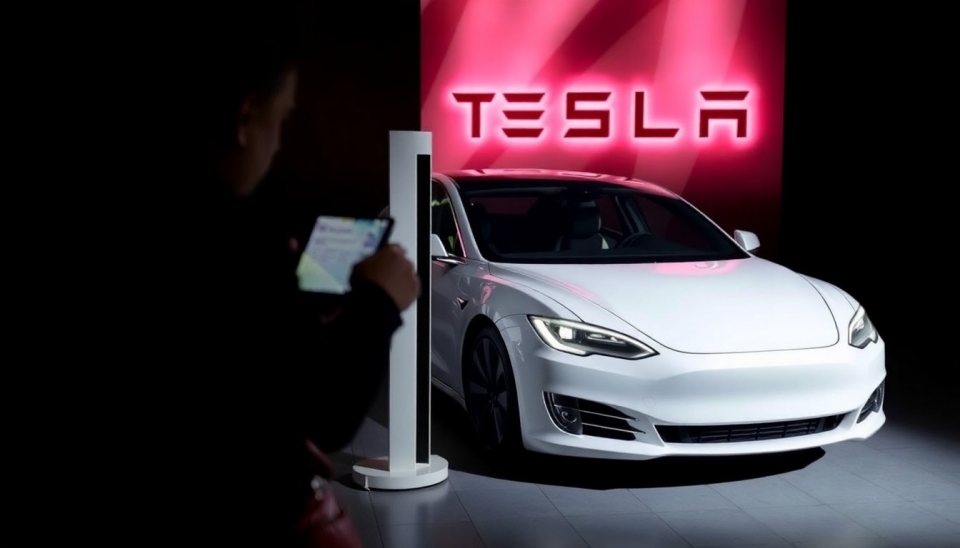
On November 26, 2024, the UK Business Secretary called into question the effectiveness of the government’s ambitious electric vehicle (EV) targets. Criticism has been mounting regarding the progress made toward the goal of transitioning to electric mobility as the deadline for phasing out petrol and diesel vehicles approaches. This revelation has sparked debates surrounding the government's strategy and commitment to creating a sustainable, electric future for the country.
In a significant speech, the Business Secretary highlighted that the ambitious targets set by the government were not yielding the expected outcomes. The initiative aimed to significantly accelerate the uptake of electric vehicles among the populace by 2030. However, the actual sales figures and market penetration have failed to meet the anticipated benchmarks, raising concerns among industry players and stakeholders alike.
The announcement comes at a time when many UK residents are still faced with challenges regarding the affordability and accessibility of electric vehicles. While the government had planned extensive incentives to encourage EV purchases, many consumers continue to cite high costs as a major barrier to entry. The Business Secretary acknowledged these challenges, emphasizing that without a more robust framework and adequate support, the targets may not be attainable.
Furthermore, the necessary infrastructure for widespread EV usage is still lacking in many regions. This includes charging stations that are critical for both current and prospective EV owners. The Secretary pointed out that addressing infrastructure is as vital as pushing for higher vehicle sales, remarking that simply setting targets without ensuring foundational elements are in place may hinder progress.
The call for action has spurred discussions among policymakers, suggesting a need for a reevaluation of strategies to ensure that the government meets its carbon-reduction commitments effectively. Additionally, industry leaders have echoed this sentiment, urging for collaborative efforts between the government and the automotive sector to foster a more conducive environment for EV adoption.
Some stakeholders are advocating for more innovative policies to promote electric vehicles, including expanding financial aid for lower-income consumers, enhancing public transport options, and ensuring that regions most in need of EV infrastructure receive prioritized funding. These measures are viewed as essential not only for hitting targets but also for genuinely transforming the transportation landscape in a sustainable way.
As the deadline for the ban on the sale of new petrol and diesel cars draws near, the matter of electric vehicle targets has become a focal point for debates surrounding climate action, economic strategy, and technological innovation. Without significant adjustments in policy and investment, the ambition of a fully electric future may remain distant.
In conclusion, the remarks from the Business Secretary underline a pivotal moment for the UK's electric vehicle strategy. Moving forward, the emphasis must shift towards concrete actions that will bring about real change rather than merely setting lofty goals without the necessary backing. The government’s next steps could determine not only the success of its EV program but also its environmental commitments moving forward.
#ElectricVehicles #UKBusiness #Sustainability #ClimateChange #EVTargets #GovernmentPolicy
Author: John Miller




